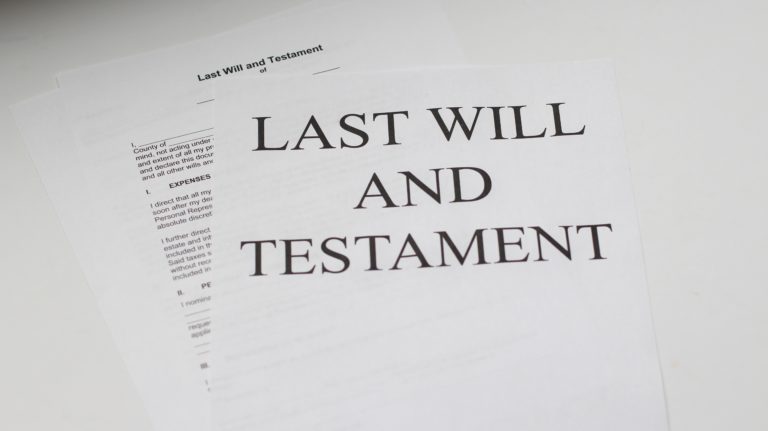
What Paperwork Is Needed after Someone Dies?
Tax return issues, family matters, business associates, partners, trustees, bankers, investment advisors and tax collectors from the IRS to state and local taxing authorities all require attention after someone has died. There is a lot of work, and often a grieving family member finds it helpful to enlist the aid of a professional to lighten the load. A recent article, “Checklist for Working With a Decedent’s Estate” from Accounting Web, contains a list of the tasks to be completed.
General administration and legal tasks. At the very earliest, the executor should create a timetable with the known tasks. If you’ve never done this before, there’s no shame in enlisting help from a qualified professional. Be realistic about your familiarity with tax and legal issues and your organizational skills.
Determine with your estate planning attorney whether probate is necessary. Is the estate small enough for your state’s laws to allow you to expedite the process? Some jurisdictions can do this, others do not.
If an estate plan was created and executed properly, many assets may not need to go through probate. Assets like IRAs, joint tenancies, accounts that are POD, or Payable on Death and any assets with named beneficiaries do not require probate.
Gather information about family owners or others who may have a claim to the estate and who may have useful information about the assets. You’ll need to locate and notify heirs of the decedent’s passing.
Others who need to be notified, include charities named in the will. You’ll need to identify prior transfers to charities that were partial transfers, such as Charitable Remainder Trusts. If there is a charitable remainder trust with a retained lifetime income interest, it will need to be in the estate tax return, albeit with an offsetting estate tax charitable deduction.
Locate the important documents, including the will, any correspondence relating to the will, any letters explaining the decedent’s wishes, deeds, trusts, bank and brokerage statements, partnership agreements, prior tax returns, federal and state tax forms and any gift tax returns.
An estate planning attorney will be able to help determine ownership issues, including identifying assets and liabilities. This includes deeds, vehicle titles, club memberships, personal possessions and business assets, including copyrights and patents.
Social Security will need to be notified, as will Medicare, pension administrators, Department of Veteran Affairs, the post office, trustees, and any service providers.
Filing taxes for the last year of the person’s life and their estate tax filing needs to happen on a timely basis. Even if an estate tax return may not be required, it is useful to file to establish date of death values for assets. It is important to resolve income tax statute of limitation issues and any IRS or state examination issues.
Estate administration is a big job, especially if you’ve never done it before. Having the help of an experienced estate lawyer can alleviate much of the worry that comes with settling an estate.
Reference: Accounting Web (March 19, 2021) “Checklist for Working With a Decedent’s Estate”







